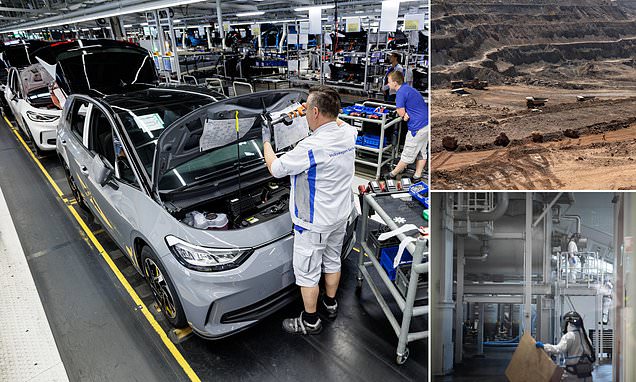Interesting to see an opposing take on EVs.


The environmental benefit of EVs may never be felt
Electric cars need to be used for tens of thousands of miles before they offset the higher releases, with VW's e-Golf becoming more environmentally friendly after 77,000 miles, according to new figures.
www.dailymail.co.uk



